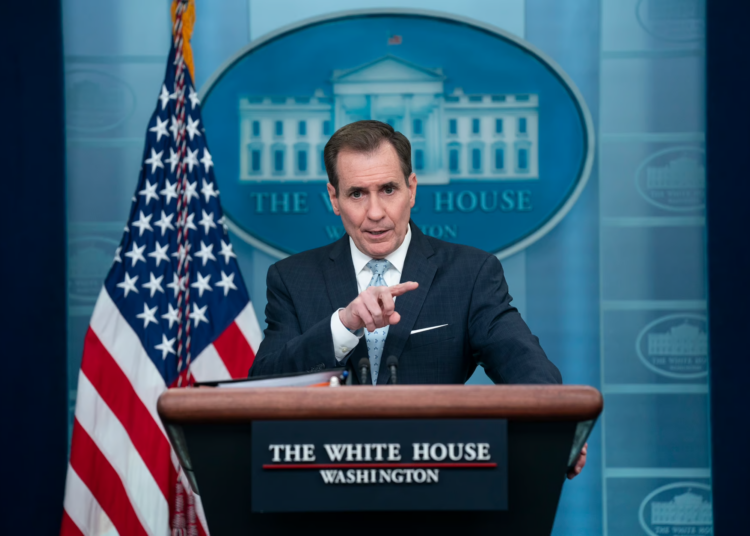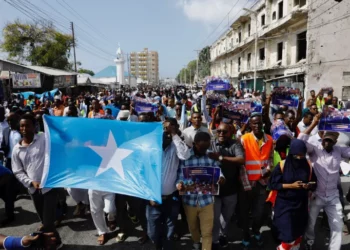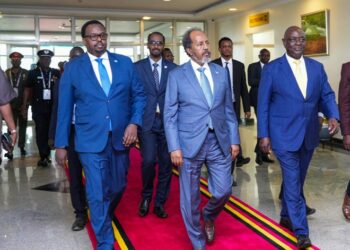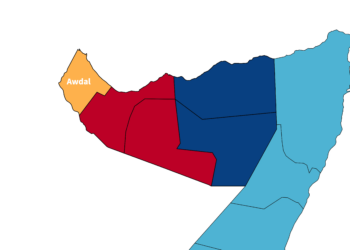Washington, D.C. The White House has voiced strong objections to a recent agreement between Ethiopia and Somaliland, fearing it might destabilize the region and impede global efforts to combat terrorism. This Tuesday, concerns were raised over a memorandum of understanding that, according to reports, might grant Ethiopia access to the Red Sea in exchange for acknowledging the sovereignty of Somaliland.
John Kirby, the National Security Council’s Strategic Communications Coordinator, expressed apprehension during a press briefing. Kirby highlighted that Ethiopia’s possible recognition of Somaliland’s independence could severely hamper ongoing operations against al-Shabab, a militant group affiliated with al-Qaida.
“The details of this agreement are worrying,” Kirby remarked. “Somalia’s territorial integrity is paramount, and all parties must uphold it.”
Under the agreement signed on January 1st, Ethiopia would purportedly gain the right to establish a naval base along the coast of Somaliland. In return, Ethiopia would formally recognize Somaliland as an independent entity. However, the precise terms of the deal remain unclear, as the full agreement has not been disclosed. Somaliland officials have hailed the agreement as a significant step towards international recognition, while Ethiopian representatives have characterized it as a preliminary framework.
Since losing access to the Red Sea following Eritrea’s independence in 1991, Ethiopia has been exploring alternative maritime avenues. Meanwhile, Somaliland declared its independence from Somalia that same year. Though it functions with its own institutions and currency, it lacks formal recognition from the international community.
Somalia’s government has reacted strongly, threatening military action to prevent Ethiopia from acknowledging Somaliland’s sovereignty. This development could further destabilize the Horn of Africa, an area already grappling with the insurgency of al-Shabab.
Kirby emphasized the urgency of maintaining peace in the region, stating, “This memorandum of understanding is not a step in the right direction. The region cannot sustain further conflict.”
The United States has been actively involved in the region, particularly in efforts to dismantle al-Shabab. From 2010 to 2020, the U.S. provided over $500 million in military aid to Somalia, primarily to combat this extremist group. The group seized Mogadishu in 2006 and was only expelled in 2011-2012 through a joint Somali-Ethiopian offensive supported by the U.S.
The U.S. military presence in Somalia has fluctuated, with former President Donald Trump withdrawing troops in 2021, and President Joe Biden redeploying them the following year. Currently, approximately 450 U.S. troops are stationed in Somalia, aiding in training and conducting drone strikes.
President Hassan Sheikh Mohamud of Somalia declared an all-out war against al-Shabab in 2022, aiming to eradicate the group’s presence. However, progress has been limited. Kirby warned that a conflict with Ethiopia could distract from this anti-terrorist campaign, potentially allowing al-Shabab to gain strength.
“Al-Shabab continues to pose a serious terrorist threat,” Kirby concluded. “This agreement could significantly affect our national security interests in the region.”














